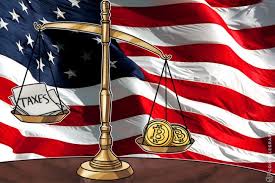You’ve just completed your taxes and—like last year and the year before that—you’ve once again discovered that you’re going to owe Uncle Sam a good chunk of money.
Now’s the time to figure out what you’ve been doing wrong and what you can do differently in the coming year. Your goal should be to break even or get a small refund next year. (You don’t want a big refund; all that means is that you’ve been letting the government use your money interest free.)
Start educating yourself about legitimate ways to cut your tax burden by listening to some podcasts. It’s a relatively painless method of getting a quick education in tax planning. Here are three to get you started:
Joshua Sheats says his Radical Personal Finance site is “dedicated to giving you both the information and the actionable inspiration you need to significantly improve your life and lifestyle.” His tax podcasts include topics like “How Dual-Income, High-Earning Couples Can Lower Their Income Taxes” and “A Few Useful Tax-Planning Techniques: Interview with Craig Cody, CPA, Co-Author of “Secrets of a Tax-Free Life: Surprising Write-Off Strategies Most Business Owners Miss.”
Check out his collection of tax-related podcasts here.
Laura Adams, the Money Girl on the Quick and Dirty Tips website, interviewed tax pros Garrett and Deborah Gregory, who together have more than 24-years of experience working for the IRS.
In her podcast “Tax Tips from IRS Insiders You’d be Crazy to Ignore,” Adams talked with the Gregory’s about what you don’t know about the IRS but should, what to do if you have a tax bill that you can’t afford to pay and how to avoid different types of tax penalties. Give a listen here.
Everyday Finance features a Millennial Money podcast from Shannah Compton Game—a certified financial planner and self-proclaimed personal finance junkie—on the “Top 5 Tax Deductions to Maximize Your Refund.” It covers some deductions that people may overlook when preparing their own returns (even with tax preparation software) because they don’t understand what the deduction refers to or why they might be eligible.
And as always let us know if you have IRS debt you cannot pay, we will gladly see if you qualify for a payment plan, penalty abatement, offer in compromise, or currently non collectible.

